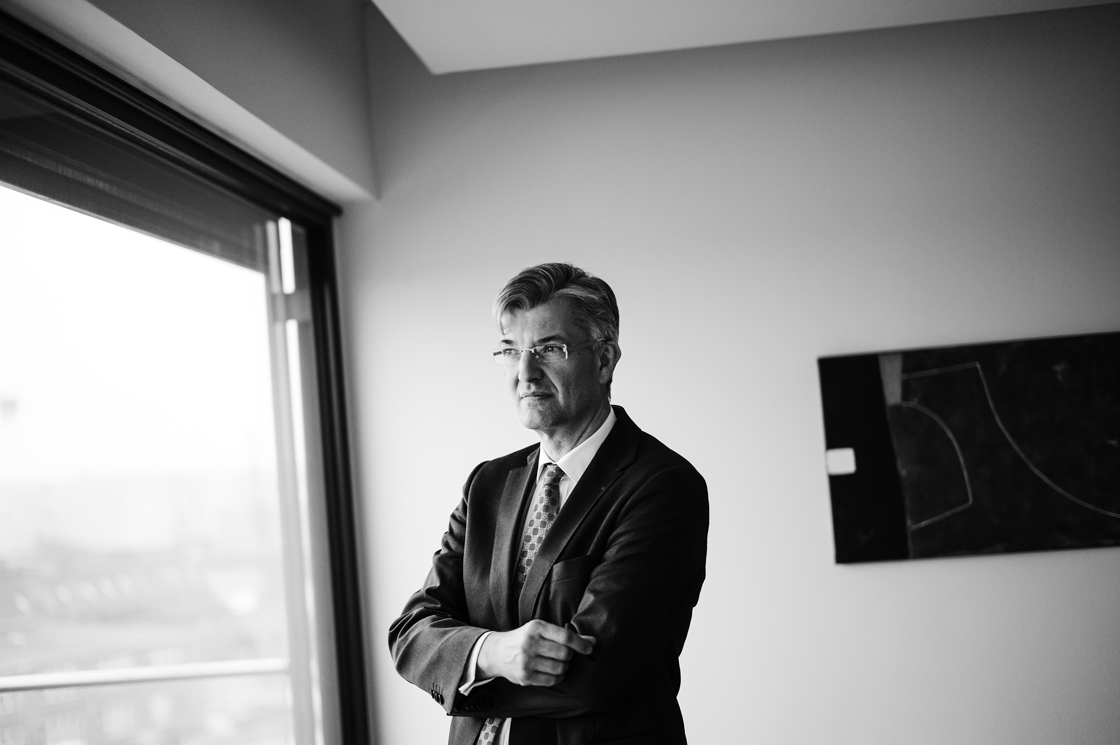PFA’s unlisted investments pass DKK 100 billion

PFA has passed a significant milestone with its more than DKK 100 billion in unlisted investments, which today form an important part of the returns PFA generates for its customers. Observing the historically low interest rates and insecure prospects for the future financial markets, alternatives and properties become a central stabilising factor
Since the end of 2015, PFA has been working very focused on accumulating a strong portfolio of unlisted investments. In an investment environment characterised by historically low interest rates and an increasingly insecure equity market, it has been key to incorporate other stabilising elements to ensure that PFA’s customers will continue to receive solid long-term returns.
Consequently, PFA has been investing massively in properties and alternatives during recent years, resulting in the two investment areas today totalling approximately 20 per cent of PFA’s portfolio and having passed DKK 100 billion.
“The financial markets are changing radically, which makes it essential to adjust the customers savings mix to ensure strong long-term returns in the future. Especially the development in the bond markets proved that we need to invest differently. This made the upsizing of the unlisted portfolio key to us. Previously, bonds were characterised by stable returns that helped create a solid financial basis for the customers’ savings: Now, unlisted investments possess many of the same characteristics. At the same time, the direct ownership has enabled us to engage in a number of companies of great importance to Danish society,” says Allan Polack, Group CEO of PFA.
Offshore wind farms, shipping, Nykredit and TDC
One of the elements within the area of unlisted investments is alternatives. Today, the investment department dealing with alternatives consists of 21 employees, and, at present, the department has accumulated a portfolio of more than DKK 44 billion in unlisted equities, infrastructure and credit. Thus, PFA has been a part of some of the largest and most publicised alternative investments in recent years, for instance the acquisition of TDC and investments in Nykredit, Interpark, Danish Ship Finance and Avantor.
PFA has also invested massively in the green transition and is, today, co-owner of the world’s biggest offshore wind farm, the Walney Extension Offshore Wind Farm, and a part of the financing behind the offshore wind farm Hornsea 1, which is in the making with 174 giant wind turbines. Overall, these parks will supply power corresponding to the annual consumption of one and a half million households. Additionally, PFA has invested in six solar farms in England.
“It is a characteristic feature of many of our alternative investments that, besides generating stable returns, they have also been invested in areas of great societal importance. We are talking about central infrastructure which is key to the functioning of our everyday life. This includes the digital, energy, transport and financial area. At the same time, several investments have specifically supported the green transition and have become an important element in PFA’s ambition to support the Paris Agreement 100 per cent,” says Allan Polack.
Property investments in the accommodation consumption of the future
Another element within the area of unlisted investments is properties. During recent years, PFA has accumulated Denmark’s largest portfolio of property investments worth approximately DKK 57 billion (exclusive of commitments) ranging from rental properties and student housing in Denmark to shared office spaces in London and joint laboratories in the US.
Today, PFA’s property department consists of 14 highly specialised employees with focus on investments within areas which are highlighted in analyses as attracting increased demand in the future. This is, for instance, within housing targeted at the increasing number of senior citizens and warehouse and logistic centres in connection with increased e-commerce. Moreover, the property department makes an effort to enter at the earliest possible stage when it concerns new investments and possibly undertake part of the development to save any intermediaries, ensure the quality of the building and create the possibility of a higher return for the customers.
“PFA looks into the future megatrends for our property investments and has accumulated a diversified portfolio allowing PFA to take part in ensuring both an all-round housing supply of rental properties in growth cities across Denmark and in international developments within shared office concepts and support of increased e-commerce. In coming years, we will focus more of our attention on other countries than Denmark, among these Europe, Asia and the US. Properties are stable and long-term investments and are therefore an important element for generating strong pension savings for the customers,” says Allan Polack.
As examples of significant property investments during the past few years, we can list PFA’s promise to build four student housing facilities in Denmark’s largest cities of education, investment in 3,316 rental properties across the country and the purchase of two iconic buildings: Forum in Frederiksberg and Købmagergade Post Office in Copenhagen.
At present, 45 per cent of PFA’s property investments are situated in Denmark and 55 per cent outside Denmark.